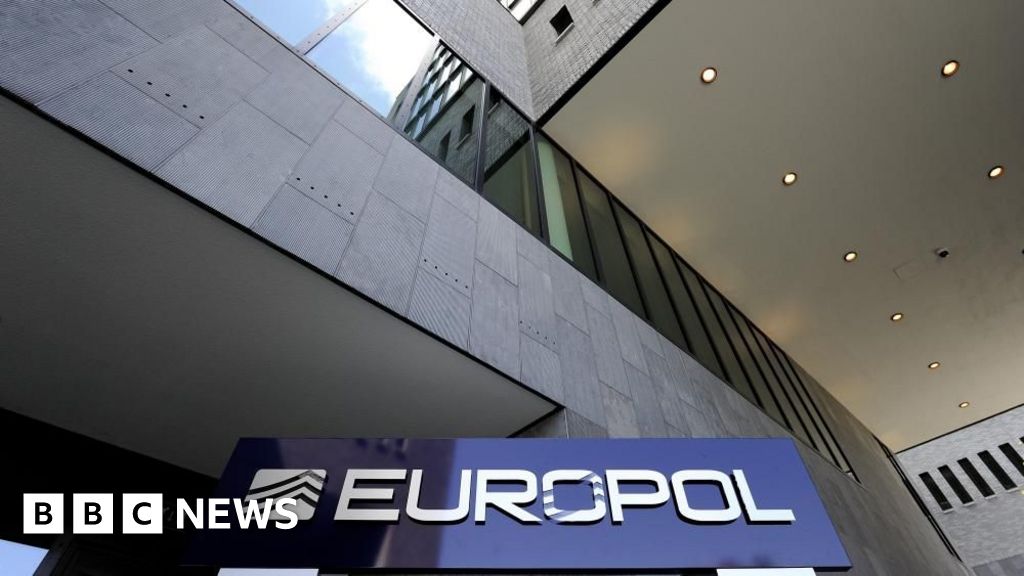Two Dutch Teenagers Arrested in Spying Case Linked to Russia
A shocking development has emerged in the Netherlands, as two 17-year-old boys have been arrested on suspicion of "state interference" in the country. The arrests, which took place earlier this week, have been linked to a spying case with reported ties to Russian hacking groups.
The pair were allegedly contacted by pro-Russian hackers on the messaging app Telegram, according to Dutch media reports. One of the boys was said to have walked past the offices of Europol, Eurojust, and the Canadian embassy in The Hague carrying a "wi-fi sniffer" - a device designed to identify and intercept wi-fi networks.
The teenagers appeared before a judge on Thursday, who ordered one boy to be remanded in custody while the other was placed on strict home bail conditions until a hearing scheduled for next two weeks. The National Office of the Netherlands Public Prosecution Service confirmed court appearance but declined to provide further details due to the suspects' age and the ongoing nature of the investigation.
One of the boy's father revealed that police arrested his son on Monday afternoon while he was doing his homework. According to the father, police told him that the arrest related to espionage and rendering services to a foreign country. The teenager, described as computer-savvy with a fascination for hacking, also held a part-time job at a supermarket.
The Netherlands' domestic intelligence and security agency refused to comment on the case when approached by the BBC. However, the shocking allegations have sparked widespread concern about the involvement of young individuals in spying activities.
A Glimpse into the World of Teenage Hacking
One can only imagine the intrigue and curiosity that drove a 17-year-old boy to explore the dark corners of the internet, where hacking groups and espionage operations thrive. It is a world that few young people have experience with, yet one that has captured the imagination of many.
The use of a wi-fi sniffer device by one of the teenagers raises serious concerns about their potential involvement in espionage activities. Such devices are commonly used to intercept sensitive information from public Wi-Fi networks.
A Case of State Interference
Prosecutors have charged the two boys with "state interference," a serious offense that carries significant penalties. The charges suggest that the teenagers were not only involved in hacking activities but also provided services to a foreign country, possibly Russia, as part of their alleged espionage activities.
A Growing Concern for Young People
The arrest of these two Dutch teenagers has raised concerns about the involvement of young people in spying and hacking activities. The ease with which they were able to access sensitive information and communicate with foreign hacking groups highlights the vulnerability of our digital landscape.
As we move forward, it is essential that we educate young people about the risks associated with online activities and the potential consequences of engaging in espionage or hacking operations. We must also strengthen our laws and regulations to prevent such cases from occurring in the future.
